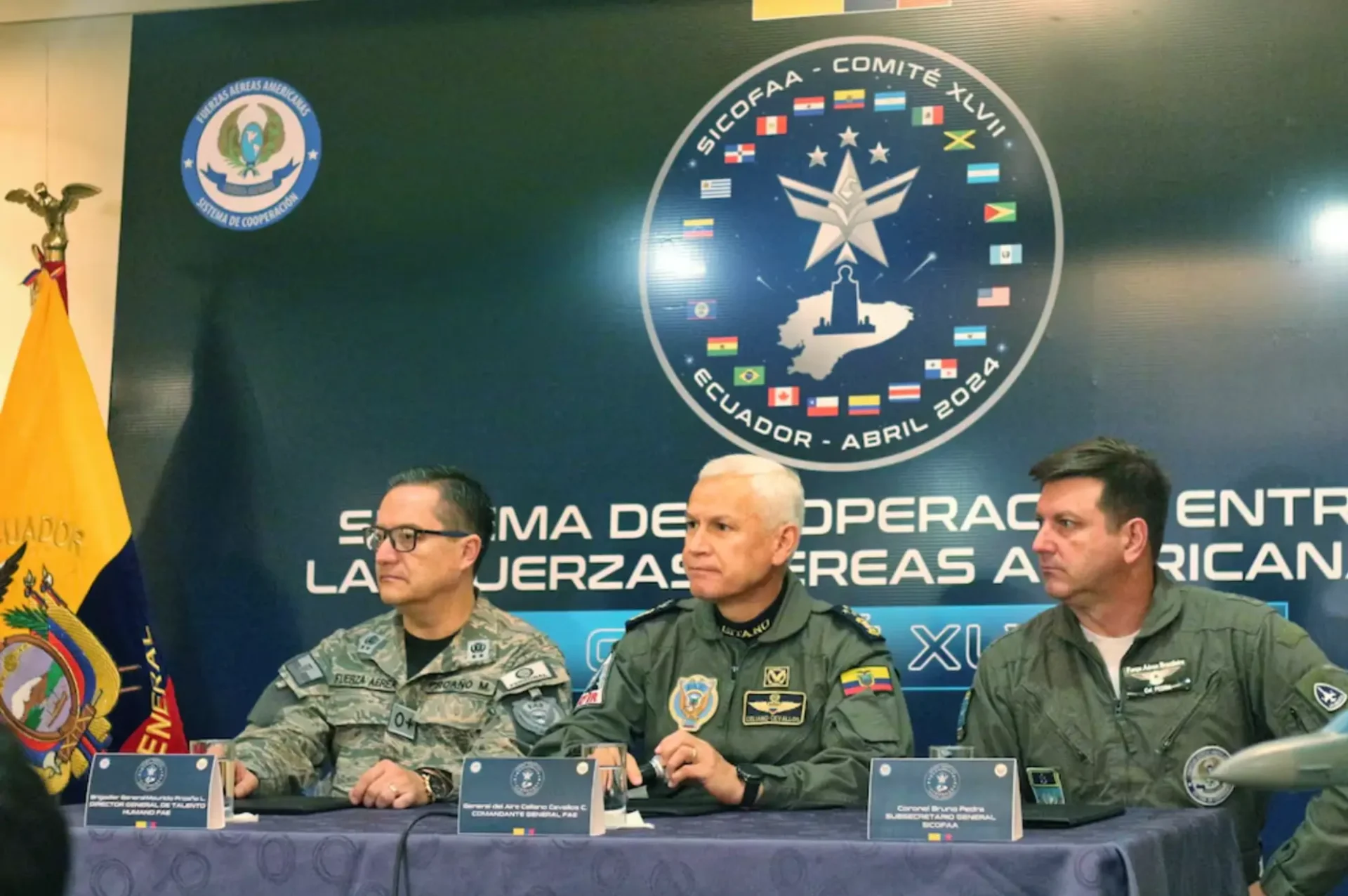A América Latina e o Caribe enfrentam ameaças diversas e complexas que transcendem as fronteiras nacionais: organizações criminosas transnacionais, desastres naturais, crimes cibernéticos e até mesmo tensões militares intermitentes. Nesse contexto, o Atlas Comparativo da defesa na América Latina e no Caribe destaca a importância da cooperação internacional em defesa como um pilar estratégico para manter a estabilidade na região. Esta análise crítica explorará como os esforços multilaterais fortalecem as capacidades regionais e enfrentam ameaças comuns.
Os desafios da cooperação
O Atlas Comparativo mostra que, embora as forças armadas da região tenham avançado na profissionalização, a diversidade de marcos legais e políticas de defesa em cada país gera desafios para coordenar as ações conjuntas. Isso pode dificultar a criação de estratégias coerentes para abordar as ameaças regionais, como o crime organizado transnacional ou os desastres naturais. O fato de alguns países, como o Brasil, investirem mais em defesa do que outros também dificulta a equidade nos aportes às iniciativas de segurança coletiva.
Entretanto, a coordenação regional tem se mostrado essencial. As Conferências dos Ministros da Defesa das Américas, realizadas desde 1995, têm sido fundamentais para criar confiança mútua e compartilhar experiências. Através dessas reuniões, os países puderam realizar exercícios conjuntos e adotar medidas de fomento de confiança que contribuíram para reduzir as tensões militares e promover a paz na região.
Iniciativas existentes e seu impacto
Um aspecto positivo é o esforço contínuo para integrar as políticas de defesa com uma visão hemisférica, como reflete a participação de países da região em missões internacionais de paz sob a égide das Nações Unidas. O Uruguai e a Argentina são exemplos de uma contribuição ativa, enviando tropas e recursos para zonas de conflito em outras partes do mundo. Essa participação não só fortalece as capacidades das forças armadas nacionais, mas também reforça a imagem da região como um ator comprometido com a paz e a segurança global.
O atlas também ressalta o impacto positivo da criação de redes de colaboração em defesa, como RESDAL (Red de Seguridad y Defensa de América Latina). Essa rede facilitou o intercâmbio de informações e a criação de iniciativas comuns para a educação militar, a inclusão de mulheres nas Forças Armadas e a gestão de riscos e emergências. A colaboração interinstitucional e o intercâmbio de dados contribuíram para melhorar as capacidades nacionais de resposta a crises humanitárias e desastres naturais, que afetam a região com frequência.
Desafios para o futuro
Apesar dos avanços, os desafios importantes persistem. Um dos problemas mais visíveis é a assimetria nos orçamentos de Defesa. Enquanto países como Colômbia destinam mais de 2% de seu PIB para a defesa, outros, como Argentina e Chile, gastam menos de 1%. Essa disparidade afeta a capacidade de cada nação de responder a ameaças internas e também limita sua participação em projetos multilaterais de defesa. A falta de investimento adequado em tecnologia e equipamento moderno é outro fator que pode comprometer a eficácia das alianças regionais.
Ademais, a insegurança cibernética é uma área de preocupação crescente que exige uma ação coletiva mais coordenada. O atlas observa que a maior parte das iniciativas cibernéticas ainda está nos estágios iniciais e que só alguns países, como Brasil e México, conseguiram avanços significativos na criação de unidades especializadas em cibersegurança. Isso representa um desafio para a região, pois a proliferação do crime cibernético e da guerra cibernética representam ameaças sérias que transcendem as fronteiras nacionais e exigem soluções integradas.
O papel das mulheres e a paz
Uma área destacada pelo atlas é a maior integração da perspectiva de gênero em exércitos da região, com avanços notáveis na inclusão de mulheres em cargos de liderança. Iniciativas como a Resolução 1325 da ONU, que promove a participação das mulheres nos processos de paz e segurança, foram adotadas por vários países latino-americanos, o que fortaleceu a cooperação nessa área.
A abordagem de mulher, paz e segurança não só promove a igualdade de gênero, mas também provou ser um componente crucial na construção de uma paz sustentável. Em contextos pós-conflito, a inclusão de mulheres nas forças de segurança e na política de defesa facilitou os processos de reconciliação e contribuiu para a estabilidade de longo prazo.
Rumo a uma maior integração
Em conclusão, fortalecer os laços de cooperação e seguir promovendo políticas integradas de defesa permitirão que a América Latina e o Caribe enfrentem melhor as ameaças e se consolidem como um bloco que contribui para a paz e a segurança global.
Em um mundo cada vez mais interconectado, a cooperação regional não é só uma necessidade, mas uma estratégia essencial para garantir a estabilidade e o desenvolvimento sustentável na região.
Tradução automática revisada por Isabel Lima











